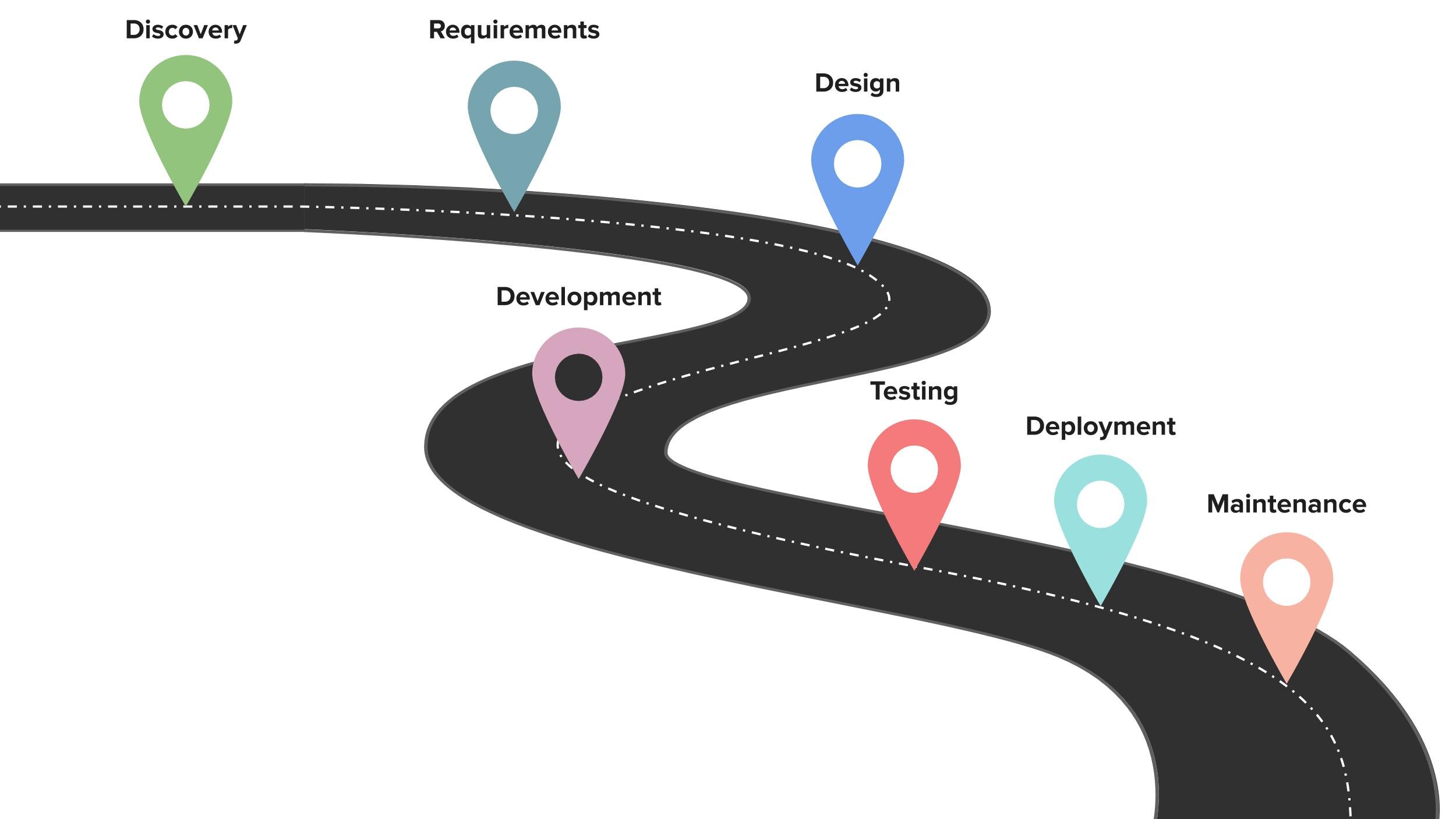I had a thought-provoking conversation with a friend recently. She asked me about the top five qualities I admire in the people I most enjoy supporting. My answer was clear: they are exceptional at creatively solving problems, prioritise people, make a significant impact in Denmark, and are driven by a strong mission.
Then, she challenged me: Who exemplifies these qualities more than anyone you know? You immediately came to mind. Would you be open to a quick 10-minute call to catch up? Alternatively, we could schedule a 15-minute discovery session, where I'll ask five questions to get a sense of where you are in your professional journey. If you read this post, send me an email for a confidential discovery meeting.
One plus one in not always two
I always hold a discovery session with each client and during these session’s I ask questions like:
Where do you come from?
What’s it like in your world?
Who are you?
What traditions and values are important to you?
What might be holding you back?
I think it’s important to understand their cultural background and values. While we may never fully understand someone else’s culture, we can approach it with genuine curiosity and empathy, inviting clients to bring their whole selves into the conversation.
What gets measured, gets managed
c/o Dun & Bradstreet
The purpose of a discovery meeting is two-fold:
Understanding the gaps in the client's business.
Determining why they have chosen to talk to us, specifically identifying the gap between their current state and where they need to be, because if there is no gap, there is no sale.
I think effective questioning and listening will help the buyer form an early vision of two things:
The need for change.
That we are the right people to help them make that change effectively.
Walk into any situation
When you're not desperate for the sale, and when you're not attached to the outcome - which is an emotional intelligence trait - you can walk into any situation and be okay with whatever happens because you have confidence in yourself. This includes having the ability to ask open-ended questions and to adapt your approach as needed. For example, if someone says "no," it's not a problem; you simply pivot and continue the conversation elsewhere. During discovery calls, I tend to probe with questions, seeking out sensitive areas or emotional cues. These conversations are fluid, allowing me to guide them towards an outcome, and when I am met with a "no," I seamlessly transition to the next topic while maintaining a questioning mindset.
Contact me here or via e-mail for sales training and workshops.
Gathering information
Typically, our sales process entails a sequence of critical milestones. These milestones include gaining a comprehensive insight into the client's internal buying procedures, acquiring a clear understanding of the legal review process, and identifying key stakeholders while understanding their individual and business objectives and motivations. In order to navigate the inherently non-linear nature of this process, we approach sales and buying as a series of commitments we establish with our clients. This involves phases such as initial discovery, examining potential solutions, involving additional stakeholders, further discovery, comprehensive discussions, reaching mutual agreement on the investment, bringing in more stakeholders, managing conflicts, fostering collaboration, and refining the solution. I think at times, it may appear as if we are starting from scratch, despite being in close proximity to the finish line.
Acting in a new way
We never know the truth of anything, what we know is the story we receive. We can tell a story or not, either way, there is going to be a story told. Marketing is the art of telling a story that you are proud to make true on behalf of someone who’s going to engage with you. I don’t think that marketing by its nature hurts society, in fact, I can think of many examples where it helps.
Here is a list of questions I will ask during the discovery phase:
· Who are your customers and what are their needs and expectations?
· How is your marketing strategy going to deliver on your business strategy?
· What unique value are you providing?
· How do you support it with content?
· How will you actively place your message in front of the right people?
· Why should anyone care or take notice?
· How do you communicate about your product and services?
· What is your customer journey?
· What data do you need to support your marketing?
· How can I help you improve?
Contact me via e-mail for a meeting about measuring and optimising your marketing performance?
The why behind the why
Most salespeople are product pushers, I think you have to stop acting like a seller and start thinking like a buyer. In other words, spend more time discovering their problem and then use this knowledge to solve their problem. The ability to uncover problems that the buyer already has becomes much easier when you detach yourself from the outcome. All salespersons can find out the buyers’ problems, but only the best salespersons can find out their why. And only the greatest salespeople can find out what’s behind their why. It doesn’t matter what industry; you have to learn the right questions to uncovering what’s behind the buyer’s why.
TIP: Ask questions slowly, as it will give the buyer time to be a little more reflective in their answers.
Discover the person you were born to be
Stress is the body’s response when it senses danger. We all experience stress and need it to function, but when stress interferes with our lives, it becomes a problem. Too much stress, for too long, can make us ill. If unaddressed, stress can cause mental health issues like depression or anxiety and harm our physical health. Listen to your being, it’s continuously giving you hints. It is a still, small voice and it does not shout at you, that is true. If you are a little silent you will start feeling your way. ‘
“Never try to be another, and you will become mature. Maturity is accepting the re-sponsibility of being oneself, whatsoever the cost. Risking all to be oneself, that’s what maturity is all about.”
I offer a customised process for implementing, executing, and measuring your results, once you have identified, defined, and described the results you want. I’ll give you the tools and inspire you to tap into your personal drive, identifying and leveraging natural talents, and applying them toward accomplishing your goals. Contact me via e-mail when you are ready to discover and create your ideal future.
Let's talk about it
Which one do you think is best?
I do not give you these answers, my technique is all about self-discovery and taking a deeper dive into the decision-making process by asking alternative questions, for example:
a) Why do you think they did that?
b) How could you have prevented that?
c) What do you think is going to happen next?
My procedures revolve around the 4 D’s (Discover, Define, Develop and Deliver). I systematically investigate, analyse, and optimise the points of contact between the customer and the organisation throughout the relationship. It’s not just about knowing the skills; it’s about applying them. Do you have a systematic way of getting better every day?
“Without doubt, there are lots of ways to measure the pulse of a business. But if you have employee engagement, customer satisfaction, and cash flow right, you can be sure your company is healthy and on the way to winning.”
The discovery phase
Most salespersons start their presentation by stating the features and benefits of their products and services. Perhaps they should think about looking at business from a different perspective. How do you identify the needs and objectives of a potential customer as they progress from knowing nothing about your brand? Why do they need your expertise for promoting their business?
Awareness - You can help the customer discover the source of their problem by supplying short, easy-to-consume pieces of content that will educate and inform them.
Consideration - To understand and meet this need, you will want to provide the customer with content that educates them on different methods of solving their problem and compares different solutions that you and your competitors offer.
Decision - The buyer at this stage knows what they need and why, they will be more likely to listen when you provide expertise and support their decisions. At this stage, they will be able to see that your greatest concern is providing insight on the best fitting solution for their needs.
Understanding the initial needs of the buyer, along with their preferences and tendencies, will have a huge impact on what you market to them and how you make it visible to them. Contact me via e-mail for your sales training and workshops.
Discovery Process
I use the discovery phase to start the relationship and to understand what the customer needs and how I might (or might not) be able to help them. Here's how to run an EFFECTIVE discovery process in just 4 steps:
1) Learn their role and fit,
2) Learn their business milestones,
3) Learn their priorities to achieve those milestones,
4) Learn what they are doing today to get there
That’s the formula and every step starts with learning! Send me an e-mail and let’s arrange a physical or virtual meeting.
Curiosity Killed The Cat
This week, I have observed the most articulate 2 year old, Isiah is his name. His line of questioning revolved around, “Why? Why is it like this? Which invariably led me to ask the question, “Why can’t it be different?”
I think discovery is seeing what everybody has seen and thinking what nobody has thought.
My process revolves around the 4 D’s (discover, define, develop and define) and therefore, always starts with discovery…













